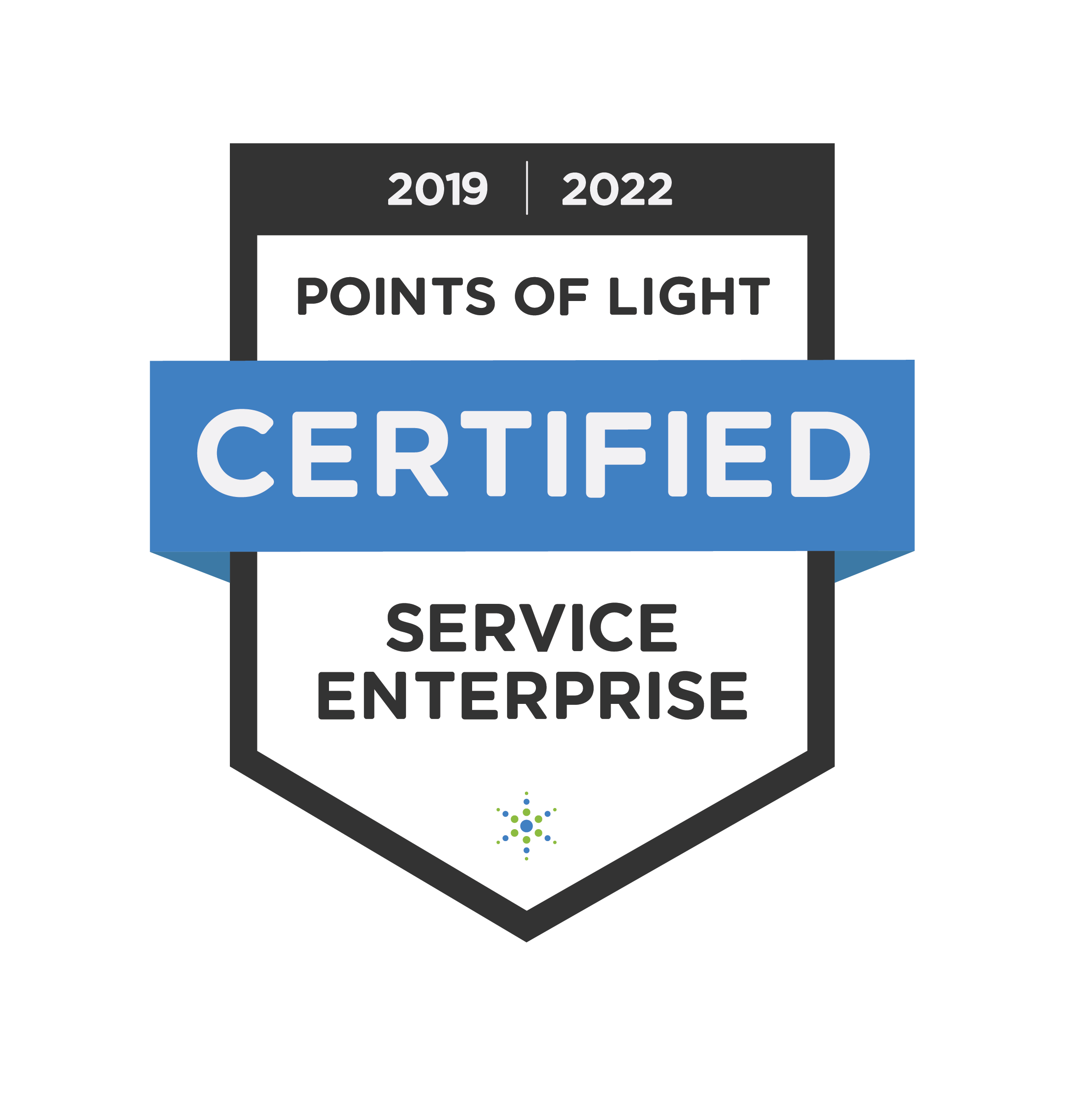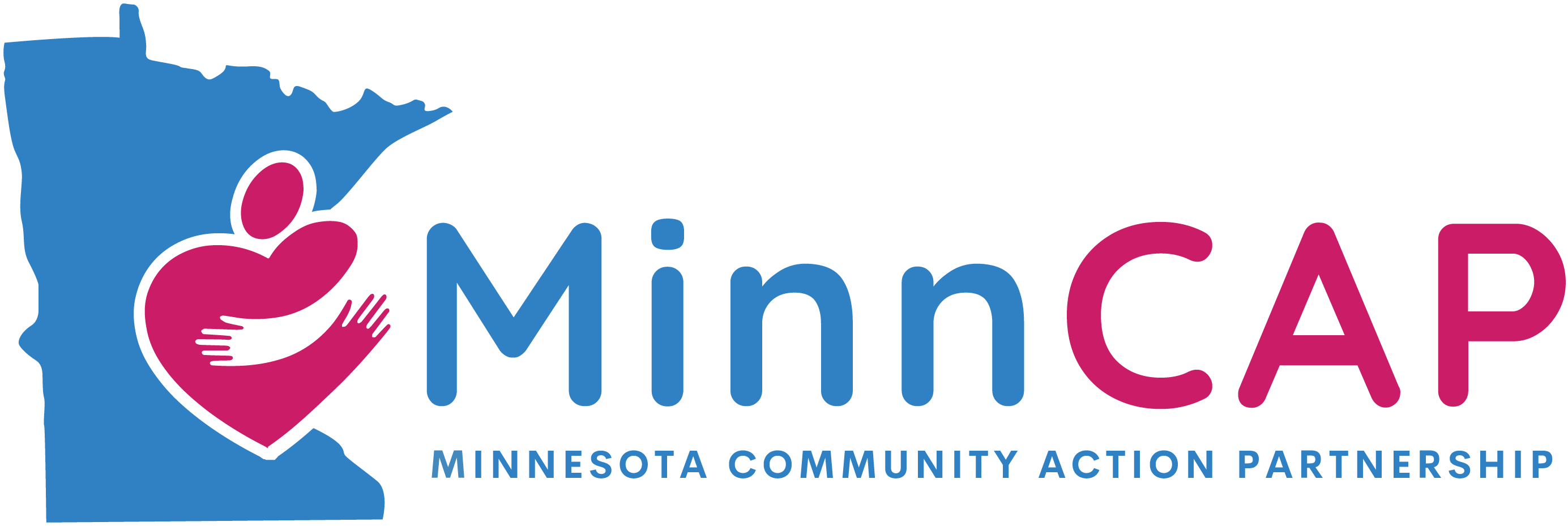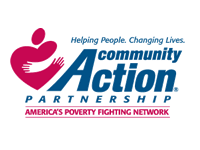April 25, 2019 | Vol. 6 No. 10
Systematic Oppression is a term to conceptualize the production of inequality through the norms, values, culture, and practices of systems and institutions; it can also be explicit discrimination pursued by the state and its agents.
— John Scott
If the misery of the poor be caused not by the laws of nature, but by our institutions great is our sin.
— Charles Darwin
First of a three-part column
Every three years the agency that I lead, Community Action Partnership of Ramsey & Washington Counties, conducts a thorough Community Needs Assessment (CNA), a process that takes the better part of an entire calendar year. Among the principle ideas and objectives behind this triennial assessment is to ensure that the “true experts” on poverty — our low-income neighbors — have not only a stake but also a voice in the design, development and implementation of the programs and services Community Action provides.
Recently, Community Action published its latest CNA, which spotlights six major findings (related to affordable housing, living-wage employment, educational equity, reliable transportation, health and nutrition, and disparities in the criminal justice system). In the next two columns, I will explore those specific issues along with the insight, nuance, experiences and knowledge that the people in our service area have shared with us.
However, here, in the first of three installments regarding this CAN, I will focus on the prevailing theme (or overall finding if you will) that was woven throughout the responses from our community members.
It's not lost on me that the readers of MSR— much less other members of historically marginalized populations in this country — won’t be the least bit surprised by this particular conclusion. In fact, the principal finding of our CNA has long been the subject of numerous books, documentaries, and other media ventures.
So the word is out so to speak, not that any of us needs reminding. Nonetheless, it is a finding that bears repeating over and over again. Indeed, it must be shouted from the highest mountain top, the lowest valley floor, and through every corridor of power and privilege in America.
The finding of which I speak is this: “At the root of poverty is systematic oppression.”
Again, no big surprise to most of us. Yet we continue to live in a world in which much of the citizenry blames people in poverty for their own plight, a world where low-income people are relegated to the fringes of society either to be pitied or scorned.
Moreover, the institutions of this country, including some that are set up to assist low-income individuals and families, not only help to produce poverty but also enable it to persist. All the additional CNA findings that will be presented in the next two columns — from employment to education and housing to health care — are inextricably connected with the overall finding of systematic oppression.
We cannot continue to ignore the historical forces that have fostered that oppression over the last four centuries. Not long ago I contributed a column to these pages that highlighted statistics revealing that race, in spite of what some scholars have suggested, still trumps class in determining the social mobility of Americans.
Yet another column spoke to the concept of the “Iron Cage” and how the nation’s institutions have long “rigged the game” in favor of the rich and powerful primarily at the expense of populations of color.
For example, consider some of the latest data from the U.S. Census Bureau, which reveals that people of color in this country are up to four times more likely to live below the federal poverty line than are White Americans. That said, let us not forget that poverty rates also disproportionately affect women, children, the elderly, immigrants, and people with disabilities.
So, while agencies like ours strive to help individuals and families increase their access to safe and affordable housing, better-paying jobs, quality educational opportunities, health care, child care, and transportation — these things alone are not enough. As is summarized in our CNA, “To eliminate poverty, this root cause (systematic oppression) must be addressed.”









